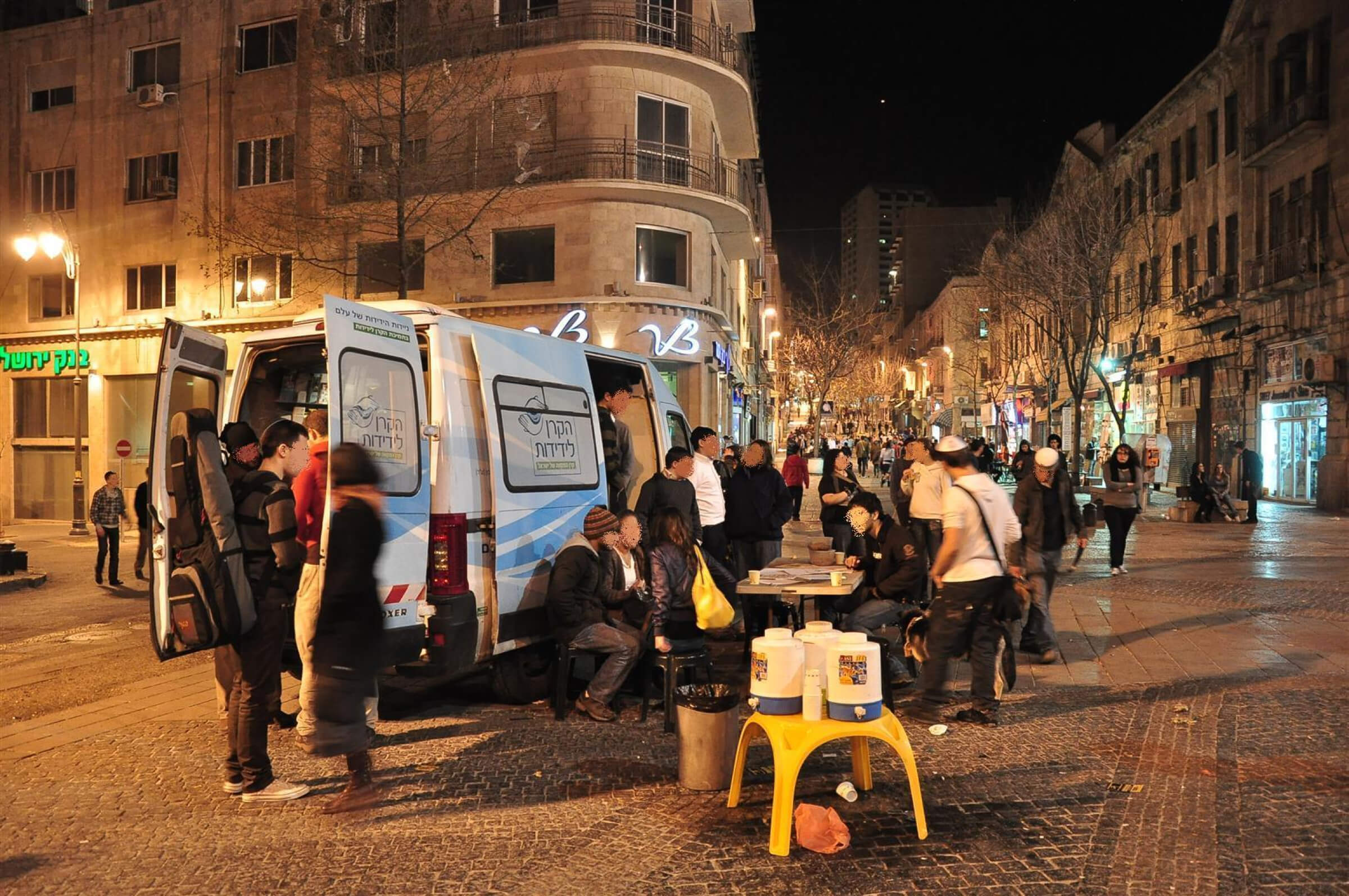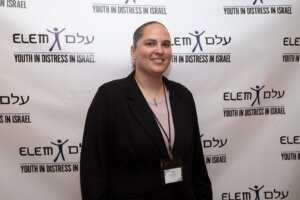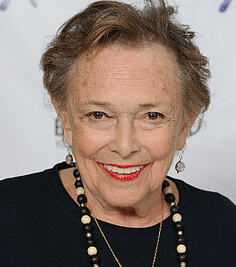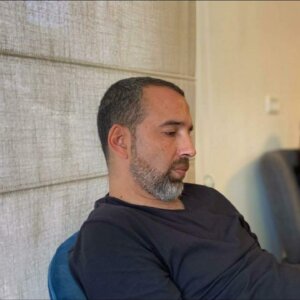Founded by New York social workers, this non-profit rescues Israeli youth from suicide, prostitution and despair
Founded by a group of social workers on the Upper West Side of Manhattan, ELEM now serves 12,500 Israeli youth a year, both Jewish and Arab

Graphic by Angelie Zaslavsky
Yael Kahn hadn’t told her parents that a man from their town, northwest of Jerusalem, had sexually abused her. Home was a place to eat and sleep for the lonely, traumatized teen, but not where she found the emotional support she needed.

At 14, Kahn discovered ELEM, a nonprofit founded by Americans to help troubled Israeli youth. It matched her with an online counselor. When she finished military service at 20, she went straight to one of ELEM’s homes, in Tel Aviv, where young women can talk freely, take part in art and music therapy and cook meals together.
“ELEM saved my life,” said Kahn, now 33 and an emergency medical technician.
ELEM, Hebrew for “young man,” and an acronym that translates to “The Association for Youth At Risk,” this year marks its 40th anniversary, which it is using to draw more attention to a problem that American Jews often don’t see on their trips to Israel: a large swath of Israeli young people — religious and secular, Jewish, Muslim, and Christian — who are coping with trauma on their own. It also has initiatives to reach out to LGBTQ teens, as well as those from Ethiopian and Russian immigrant families.
Many young people who find ELEM — or who ELEM finds through its presence on the streets — are suicidal, battling drug addictions, and engaged in prostitution. More than 25,000 Israeli youth live in the street, according to a 2022 Knesset report. Hundreds of thousands more suffer at home, according to ELEM’s leadership.
The nonprofit served 12,500 young people in 2021, according to its annual report — about a quarter of them Arab. About 900 of its clients are in its high-risk program, and 500 have turned to prostitution.
Upper West Side roots

ELEM was started by Ann Bialkin, its co-founder and chair, and other Jewish social workers living on New York’s Upper West Side. A graduate of Columbia University’s School of Social Work, Bialkin worked as a family therapist with at-risk young adults with Jewish Board of Family and Children’s Services. Visiting Israel, she and her New York friends and colleagues realized at-risk Israeli teens were woefully underserved.
Many now consider ELEM Israel’s leading nonprofit dedicated to troubled youth. On a budget of $20 million — which comes from the Israeli government, foundations and donations — it oversees 90 programs in 42 cities in Israel proper. Its more than 2,000 volunteers, together with paid staff, run shelters, drive outreach vans, and teach skills to help young people support themselves. ELEM sets up safe areas at rave parties for young people who have overdosed. It created a program to prepare teens to work in restaurants.
Some teens refuse help, and ELEM doesn’t succeed with every teen that agrees to accept it. But Bialkin said ELEM is a lifeline for many.
“I have seen young people overcome addictions and life challenges and rehabilitate — discovering new talents, following their life journeys and growing their own families,” she said.
In the last two years, ELEM has bolstered its offering to Arab young people. The nonprofit reported that it served nearly 3,000 Israeli Arab teens in 2021, mostly in cities in northern Israel as well as in 11 Arab towns. ELEM also has a center that serves Arab clients in East Jerusalem. For the last 12 years it has worked with the Bedouin community in the Negev.

Its philosophy is to listen to young people, and never to shame. “We try not to be judgmental and understand that this is their way to survive,” said Maya Baron, a social worker who oversees ELEM’s programs for youth at extreme risk. “If I tell them, ‘You can’t do drugs or prostitution,’ my shelters would be empty.”
ELEM recognizes that Israeli teens, menaced by the threat of war, face particular stress. But it also recognizes that Arab Israeli teens, suffering from much higher rates of poverty than their Jewish peers, grapple with the added pressure of being a minority. They are grateful, said Khalil Homeidi, the national director of ELEM’s programs for Arab youth, for counselors who understand the particular challenges they face.
“When you talk the language of the community, they hug you,” Homeidi said.
A star is born
Those served by ELEM often become its most effective spokespeople.
Kahn, who connected with ELEM through one of its online therapists, participated in ELEM programs until she aged out, at 26. But before she did, and with ELEM’s support, Kahn revealed to her parents and the police that she had been sexually abused.
The abuser was arrested, tried and convicted. After he served his time, he went back to his community, though outraged neighbors forced him to leave. Kahn spoke before the Knesset about the trauma victims experience when a sex offender returns to a neighborhood. The Knesset then passed a law prohibiting sex offenders from returning home.
Israeli singer and actress Diana Golbi, now 29, was a struggling teen who lost a friend to a drug overdose when she began talking to ELEM counselors on the streets of Holon, a city south of Tel Aviv. They pushed Golbi — who went on to win in 2010 on A Star is Born, an Israeli version of American Idol — to take her dreams seriously and study theater. She has returned to Holon to visit with ELEM staff and volunteers, and made a video testifying to the difference they made in her life.
Correction: An earlier version of this story indicated that Yael Kahn went to an ELEM drop-in center after her military service. She went to one of its homes for girls who have experienced sexual violence.






















